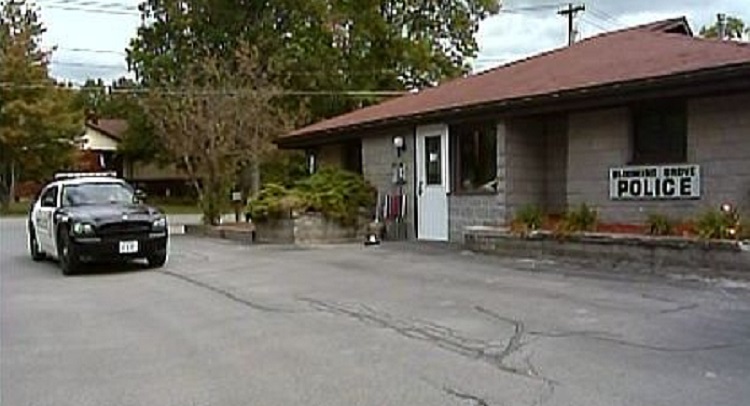
By Chief Joel F. Shults, Ed.D.
There are nearly 19,000 law enforcement agencies in the United States employing an estimated 700,000 police officers. Exact numbers fluctuate as new agencies are added and others dissolve. There are many part time and reserve officers, as well as correctional officers who are sometimes counted as certified peace officers and sometimes not. The number of correctional officers is estimated at 400,000, and adding probation and parole staff there are over a million government agents on the front lines.
While about a third of the number of police officers are employed by about 70 state and local agencies that have over 1000 police officers. Only 5% of agencies employ more than 100 police officers. Most police departments across the country have fewer than ten police officers, including almost 20% of all agencies that employ only one officer or only part-time officers.
Even in agencies that have large numbers, the geographic areas covered by some state and county law enforcement can cover hundreds of square miles per officer assigned. Small agency officers and those in remote assignments often work face unique challenges compared to their urban colleagues. Support services are not just around the corner. Cases may be worked by a single officer from start to finish. Help may be miles away.
Small agencies must develop good relationships with other law enforcement partners in major cases and events. Many share dispatch duties with larger agencies, since communications personnel and equipment is a big expense and highly regulated. While best established through formal mutual aid agreements and memoranda of agreement, many times the help comes because the shape of the badge becomes irrelevant when the call for help goes out.
Many communities have chosen to contract for police services with larger agencies rather than bear the expense of having their own police department. Most communities choose to maintain control over their own fate and hang on to their local department, even if it consists of only one or two officers. The advantages of knowing who will be coming to one’s home to answer the call for help may be one reason why a higher percentage of crimes in small jurisdictions are solved than larger, better resourced agencies. Personal relationships are key to community policing, and that’s a skill long practiced in small agencies.
Small town officers often know perpetrators by name and may know their parents and family. These officers may be accustomed to being called at home rather than through dispatch because everyone knows their phone number. Most police officers never know the end of the story they helped write. If these small agency officers can accept the typically lower wages of small departments, lack of resources, hand me down patrol cars, and stay with the agency over time, they have the immeasurable rewarding experience of watching how their influence in the community plays out over time.
One thing small department officers have to live with is the perception that they have little exposure to “big city” crime and danger. The criminal element may have that same outlook as they choose to hide out or operate from small towns and the hoped for anonymity of isolated spaces with limited law enforcement. Officer deaths are as frequent in lesser populated areas as in urban settings. Banks are robbed, children are abused, lovers are murdered, and businesses are burglarized in every size jurisdiction. Fraud victims are just as easily found in the country as in the city. Criminal elements avoid highly policed trafficways for transport of stolen goods and drugs. Vehicles crash, trains wreck, buildings burn, planes fall, and people have psychotic breakdowns in places other than New York City. The small agency officer is the responder, scene commander, and emergency services coordinator. They may be waiting for the volunteer ambulance crew and the volunteer fire department to gather at the station before heading out to help. The state crime scene team or the FBI specialists are more than willing to help, but perhaps not until tomorrow. The closest SWAT team or bomb squad may be hours away. Despite the additional perception that small agency officers are not well trained, they’ve often handled more on their own than their urban colleagues who have special units to take over on a call.
When we salute America’s police officers, we should never forget the men and women who work in the not so uncommon obscurity of small agency policing, and the community of law enforcement that supports them.